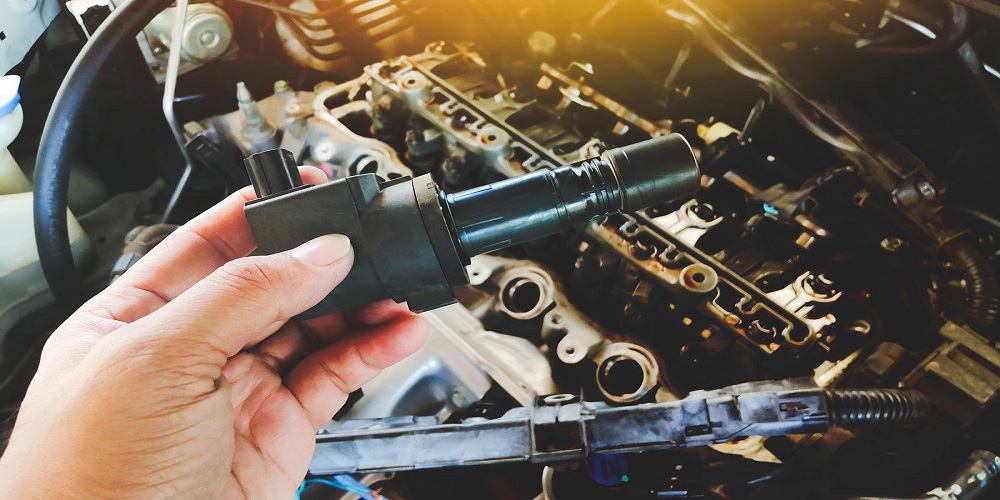The ignition system is an essential part of any vehicle. It provides the electrical charge needed to ignite the fuel in the engine and start the car. One crucial component of the ignition system is the ignition coil. This article will delve into the importance of ignition coils for cars, their function, types, and common issues. Several websites sell ignition coils online; you can get one by checking the details on a trustworthy website.
Introduction to the ignition coil
The ignition coil is a vital part of the ignition system. It is responsible for producing the high voltage needed to create the spark that ignites the fuel in the engine. Without it, the engine cannot start or run. Let's look more at the details so you can understand them better.
What is an ignition coil?
An ignition coil is an electromagnetic device that transforms low voltage into high voltage. It works by taking 12 volts from the battery and converting it to the high voltage needed to create a spark in the engine. The ignition coil comprises two coils of wire, primary and secondary, wrapped around an iron core. The primary coil receives the low voltage from the battery, while the secondary coil produces the high voltage needed to ignite the fuel. Below are the types of ignition coils that are commonly sold in the market nowadays.
Types of ignition coils
Two types of ignition coils are used in vehicles: conventional ignition coils and coil-on-plug ignition coils. Conventional ignition coils are located outside the engine and connected to the spark plugs via wires. Coil-on-plug ignition coils are located on the spark plugs and are connected directly to the engine's computer. Let’s look further at the functioning of ignition coils.
The function of ignition coils
The function of the ignition coil is to provide the high voltage needed to create a spark that ignites the fuel in the engine. The spark occurs when the high voltage from the secondary coil jumps the gap between the electrodes on the spark plug. This creates a controlled explosion that powers the engine.
Common problems
Ignition coils can fail due to a variety of reasons. The most common issues include corrosion, overheating, and electrical damage. If the ignition coil fails, it can cause the engine misfires, stall, or even prevent the vehicle from starting.
Symptoms of ignition coil issues
Some common symptoms of ignition coil issues include engine misfires, rough idling, a decrease in power or acceleration, stalling, and difficulty starting the vehicle.
Conclusion
In conclusion, the ignition coil is a vital component of the ignition system in any vehicle. Its function is to transform low voltage into high voltage, which is used to create a spark that ignites the fuel in the engine. Two types of ignition coils are used in vehicles: conventional and coil-on-plug. Like any other component, ignition coils can fail for various reasons, which can cause multiple issues. If you experience any of the symptoms of ignition coil issues, it is important to have your vehicle inspected by a qualified mechanic to prevent further damage. Regular maintenance and inspection can help prolong the life of the ignition coil and other vital components of the ignition system.


